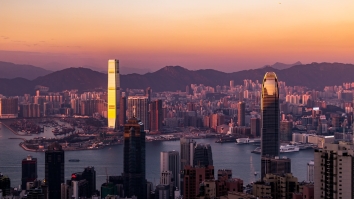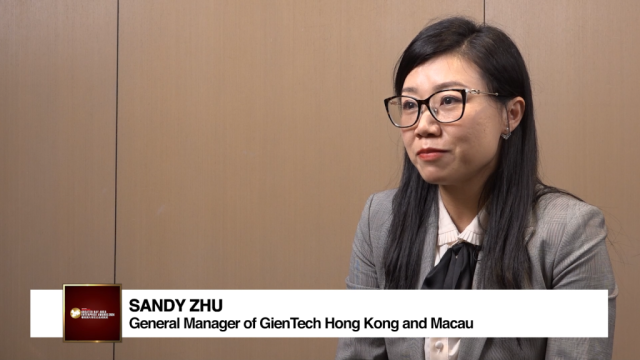Workations: Lessons from working on a holiday
By John HendersonMore than a third of workers in Hong Kong would like more paid leave – it's the second most wished-for work-life initiative, behind flexible working.[1]Women in particular wish for extra paid leave (34.4%, against 31.4% of men).
But actually paid leave may not be the boost to energy or work-life balance that people think. A survey by Regus shows that a large number of professionals spend significant amounts of their so-called holiday time completing work tasks.
They may be sightseeing rather than at the office, but they're not switching off.
The Regus survey polled more than 26,000 people from 96 countries and regions, including Hong Kong. Over half (51%) of Hong Kong respondents said they would work 1-3 hours a day during their summer holidays, and nearly a quarter (24%) would spend over 3 hours a day on work activities.
Both figures were higher than the global average. On the one hand, I commend their dedication to their jobs; on the other hand, I wonder if this is good for them, or their businesses.
The tendency to take 'workations' rather than vacations is especially acute among Hong Kong men, with 62% planning to work 1-3 hours daily.
Female workers in Hong Kong seem to escape the desk more successfully, with 33% planning to do this. I hope this is because they're actually having a good time vacationing, rather than too busy doing the holiday childcare, shopping and domestic chores to check their work emails.
One reason for the demise of the switch-off holiday is technology, with tablets, phones, 3G and 4G making us reachable all the time.
Almost one in three people in Hong Kong agree with the statement "I can never really switch off, even when I am sleeping or on holiday".
But even if we managed to take ourselves off to some idyllic Pacific island where there is no phone signal, we'd still be worrying about what we're missing.
All this 24/7 availability thwarts work-life balance, with horrible consequences. Among the problems Hong Kong workers attribute to poor work-life balance are:
- prolonged fatigue (57%)
- no time to spend with partner and family (37%)
- insomnia and poor diet due to work pressure (35%).[2]
Is this really the best workforce to help a company compete and innovate?
For anyone who does end up packing their working responsibilities alongside their guidebooks and camera, there are ways to minimise the damage to their holiday:
Arrange cover. Holidays and businesses run better if people plan ahead, with everyone briefed about what needs to be done in people's absence. No organisation should be reliant on one person being there, and holidays are an opportunity to improve the way teams organise themselves, to ensure continuity.
One productive hour is better than three semi-productive hours. Rather than juggling work and childcare simultaneously – with the result that neither receives proper attention – set aside a short period each day for work.
Find places where you can concentrate, access office facilities and reliable internet, even use videoconferencing for a vital 'meeting'.
Mobile devices have off switches! Make clear to colleagues that you will only be available at certain times of the day. Change email settings on your smartphone, so you have to check for mail manually, rather than have the constant ping-ping-ping of arriving mail.
You might even consider leaving your smartphone in your hotel room safe. If it's not in your pocket, there's less temptation to check it.
Be secure.Working on holiday can lead to data breaches and IT security problems when people use open Wi-Fi networks to check their work emails, or use their own devices to access them.
Working in coffee shops can also put personal belongings, such as smartphones and tablets, at risk. Using a professional environment such as a business centre, with a secure network connection, can reduce security risks.
What you learn on holiday can transform the rest of the year.Discovering new ways of working, such as remote working and flexible working, can help you work more productively all year round. Using alternative work locations, such as business centres, lets people work closer to home and reduces commuting.
It's also more sustainable – with a lower environmental impact and a boost to work-life balance. Experimenting with innovative products and technologies such as videoconferencing, Skype, and other alternatives could help you embrace the future of work in a way that cuts business travel and uses time more productively.
Far from ruining your leave, a 'workation' could change the way you work forever.























 Advertise
Advertise








